I'm trying to use the approach described here to employ T4 Templates to automatically increment my build numbers in a .NET Core 3.1 project. Unfortunately it's not working. My generated assembly just has 1.0.0 as the version. I'm wondering if anyone can tell me what I'm doing wrong:
First I created my "Version.tt" file and wrote (copied) the T4 Template as described.
<#@ template language="C#" #>
//
// This code was generated by a tool. Any changes made manually will be lost
// the next time this code is regenerated.
//
using System.Reflection;
[assembly: AssemblyVersion("2.0.0")]
[assembly: AssemblyFileVersion("2.0.0.<#= this.BuildNumber #>")]
[assembly: AssemblyInformationalVersion("2.0.0.<#= this.BuildNumber #>")]
<#+
int BuildNumber = (int)(DateTime.Now - new DateTime(2020,1,1)).TotalDays;
#>
Then I placed this file in the root folder and added it to my project as a link
But when I built and looked at the assembly properties from Windows Explorer, it just says it's "1.0.0". In VS the project, I took a look at the properties of the TT file and I see this:
I tried searching through the directories and I don't see any sort of output file for this. Is there some step I'm missing? Do I need to change one of these properties? I didn't see anything in "Build Action" that seemed to apply.


